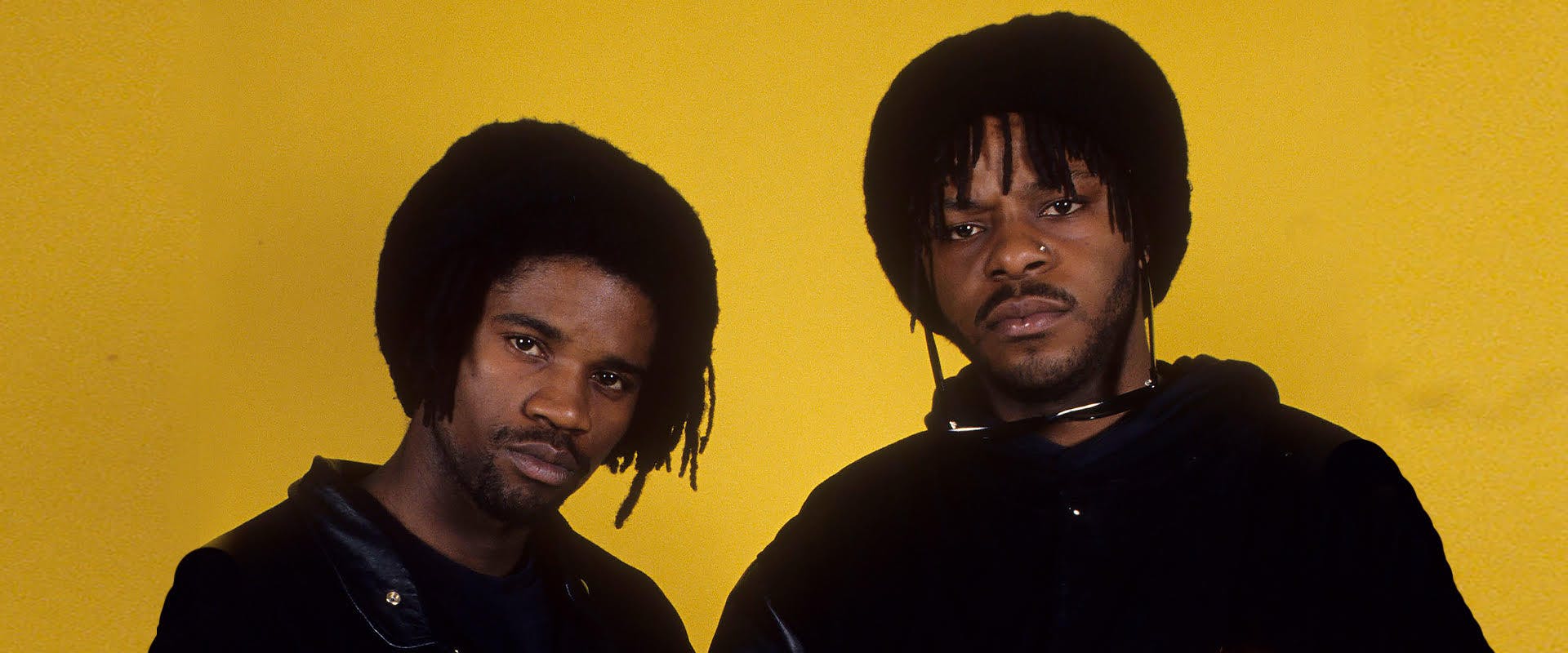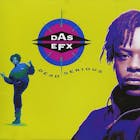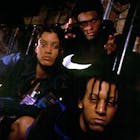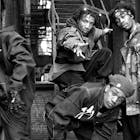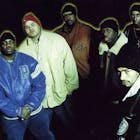But the "iggety" suffix attached to words seemingly at random was also a kind of handoff from the coded speech of Blues and Jump Blues. While working as a dishwasher, Little Richard would tell his boss off, exclaiming, "a wop bop-b-luma, b-lop bamn boom," whose meaning evaded even the originator. But "Tutti-Frutti, Oh Rooty" is coded speech for Queer sex that filtered (unknowingly?) into mainstream vernacular because of the fun and ingenuity of the language. (I imagine the hilarious irony of a homophobe ordering and digging in at IHOP.)
On "They want EFX" they rhyme, "I spiggedy spark a spliff and give a twist like Chubby Checker" referring to their verbal dexterity, twisting words around like the dance and like a spliff, but also in reference to the background vocals of Chubby Checker's 1960 smash, done in the abridged syllabic utterance of doo-wop. (Triple entendre don't ask me how.)
Das stands in a diasporic tradition of the boogie-woogie, pidgin terms from West Africa and Bantu for "dance". Das EFX is dancing with language and linage. Krazy said in a June 2018 interview with DJ Self on Power 105, "Rhyming has always been like double dutch."
Das EFX used the "iggety" as an extra beat or pause to stutter step around the bar in order to have the pattern break or bend in off and thrilling directions.
In addition to the innovation of the "iggety" style, Das are virtuosic when it comes to the utilization of the simile. Seemingly pulling from a gamut of childhood games, songs, cartoons, advertisements, sports and television shows, Das's references are a quilt-work of the childhood of '70s and '80s babies. Public intellectual Dr. Cornel West described Hip-Hop as, "The articulation of a generation of latch key kids," and Das is emblematic of those points of reference. A freewheeling associative braiding of our collective youth. Dead Serious has a kind of nostalgic levity, harkening to an era where we made do with little afterschool while our parents were out working in the crumbling empire.
